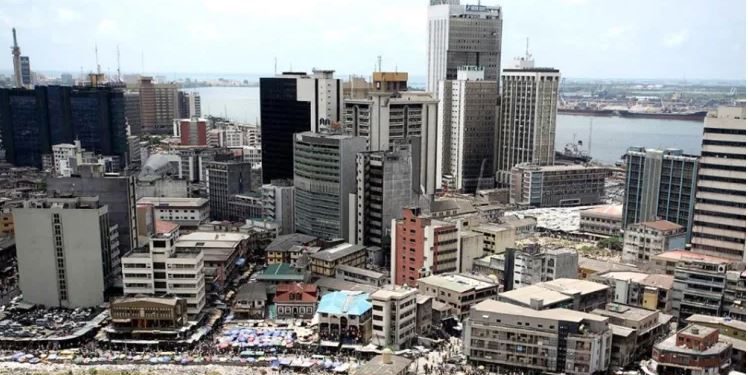Nigeria ‘s economy experienced a significant downturn in capital importation during the third quarter of 2023, reaching a record low of USD 654.65 million, reflecting a year-on-year decline of 43.6%, according to data from the National Bureau of Statistics (NBS). This decline is attributed to several factors, including FX liquidity constraints, uncompetitive domestic interest rates, and a less-than-inspiring macroeconomic narrative.
A detailed breakdown of the data reveals broad-based declines across foreign portfolio investments (down 80.3% year-on-year to USD 87.11 million), foreign direct investments (down 26.9% year-on-year to USD 59.77 million), and other investments (down 20.2% year-on-year to USD 507.77 million). Quarter-on-quarter, capital importation declined by 36.5%. The cautious stance of f
oreign investors, adopting a “wait-and-see” approach, is expected to keep foreign inflows subdued in the short term. Improved local FX liquidity, higher market rates, and simplified capital repatriation may contribute to increased foreign capital inflows over the medium term.
On a positive note, Nigeria’s local bourse recorded a four-month high in total transactions, rising by 34.1% month-on-month to NGN 300.67 billion in November, as reported by the Nigerian Exchange (NGX).
Domestic investors were the primary drivers, contributing 76.3% of total transactions, with a 22.2% month-on-month increase to NGN 229.30 billion. Foreign transactions, accounting for 23.7% of gross transactions, surged by 113.9% month-on-month to NGN 71.37 billion, reaching the highest level since March 2020. This increase in foreign participation is likely linked to investor optimism about government reforms.















